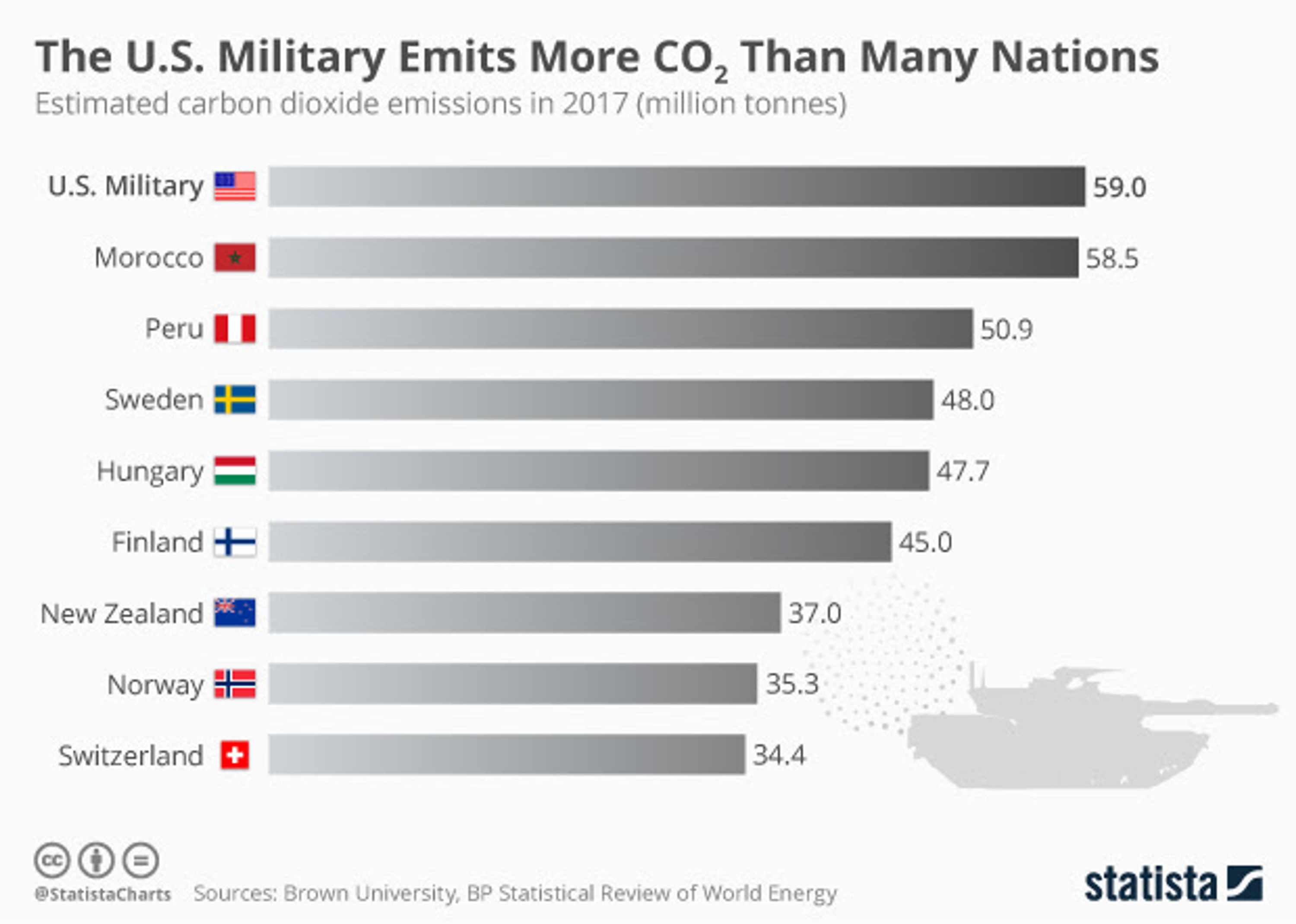Technology
Is targeting civilian airports a misfire for Extinction Rebellion?
- 5 min read
There are worse climate villains then aviation and indiscriminately disrupting people’s travel wins no friends
There are worse climate villains then aviation and indiscriminately disrupting people’s travel wins no friends

Either war is obsolete or men are.
― R. Buckminister Fuller
At this crucial moment in human history when the survival of our species hangs in the balance, activists should tackle the biggest sources of pollution first and make sure we win over the hearts and minds of the general public as we go. If we are serious about radical transformation everywhere to avoid calamitous ecological breakdown let’s connect environmental campaigns with the peace movement and get a global treaty in place now to end all wars. Anything short of this is pissing in the wind.
It has been widely reported that Extinction Rebellion plan to disrupt flights out of Heathrow possibly using drones. This drives a backlash against environmentalists calling for radical change. Given the limited resources of the environmental movement, does it not make sense to prioritize tackling the large swathes of the economy that create ecological devastation without providing any useful services to regular people?
Civilian aviation contributes about 2.5% of global greenhouse gas emissions and this is increasing. This is clearly an area of immense concern and we should fight hard to reverse growth in the sector. No new airports should be built and policy makers should urgently phase out short haul flights and incentivise trains and other modes of transport. It is our duty as environmental activists to make sure this happens. Let’s be honest though, some people need to take flights occasionally for important reasons and a limited amount of flying could be factored into a sustainable future world.
To put aviation in context, cement is the source of about 8% of the world's carbon dioxide emissions and global agriculture business release 12%. Just 100 companies have been the source of more than 70% of the world’s greenhouse gas emissions. Most of these are giant petrochemical companies like: ExxonMobil, Shell, BP and Chevron. These companies don’t just create most of the world’s pollution - they also actively block all attempts to remedy the catastrophe. Are these specific corporations more appropriate targets for direct action?
Rather than tackling individual corporations or sectors one by one, a better approach may be to lobby for effective new policies that change the landscape for all actors. For example, a tax on carbon would immediately drive change across the whole economy. It would mean that the more a business pollutes, the more it pays. This gives clean technologies and disruptive new businesses a boost and reverses the growth of all things fossil powered. A carbon tax combined with removing subsidies on fossil fuels would radically change the economics of travel so that trains would be the cheapest option. It would almost certainly be the nail in the coffin for the expansion of Heathrow. Crucially, it would also see off other dirty infrastructure projects and incentivize innovative big new ideas - like The Swansea Tidal Lagoon.
There is also an immense elephant in the room. Since 1997 the military has disappeared from carbon accounting ledgers. Reported national emissions do not include the oil burned in tanks and planes. Given the fact that the US military is the single largest user of petroleum in the world and has been the main enforcer of the global oil economy for decades this is not a minor point. How much fuel do you think was burned by the UK, the USA and their assorted “allies” when they destroyed Iraq? How much fuel will be burned if this barbarity is repeated again now to destroy Iran?

The Pentagon uses more petroleum per day than the aggregate consumption of 175 countries (out of 210 in the world), and generates more than 70 percent of the USA’s total greenhouse gas emissions, based on rankings in the CIA World Factbook. “The U.S. Air Force burns through 2.4 billion gallons of jet fuel a year, all of it derived from oil.”
Civilian flights help some people get to places they need to go releasing 2.5% of global emissions. The USA burns more than 10 times this to dominate the world and control global oil supplies. The cost of America’s post-9/11 wars is approaching $6 trillion. A 2012 paper published in Science magazine estimated we could conserve global biodiversity for $76 billion.
Let’s face facts - if we can’t rein in the world’s military forces - we are doomed. Flip this around - a sustainable future is possible but only if humans figure out how to live in peace. Climate change is the moment the human species is invited by the universe to wake up. The major economies of the world have to stop battling for resources and switch energies and resources into putting our world back together again.
Reducing civilian flights may be important but it is almost irrelevant compared to stopping the war against Iran, the new global arms race and the deployment of ever more sinister weapons. Personally, I would rather help shut down a military base then Heathrow… or a factory farm! Better yet, let’s effectively shut down government until they reverse the insane policies currently in place that drive The Sixth Mass Extinction. Top of the list is removing fossil fuel subsidies and committing to no new wars.
The fact that the USA (and its allies) are laying the ground for the next major war for oil shows the devastating failure of world leaders to rise to global challenges. Stopping civilian aircraft from taking off is an empty gesture when immense fleets of long range bombers and attack jet aircraft are being rolled into position to force our world further into the twin darknesses of blood and oil. We have to stop this war... and put new global rules in place to stop all future wars as well.


